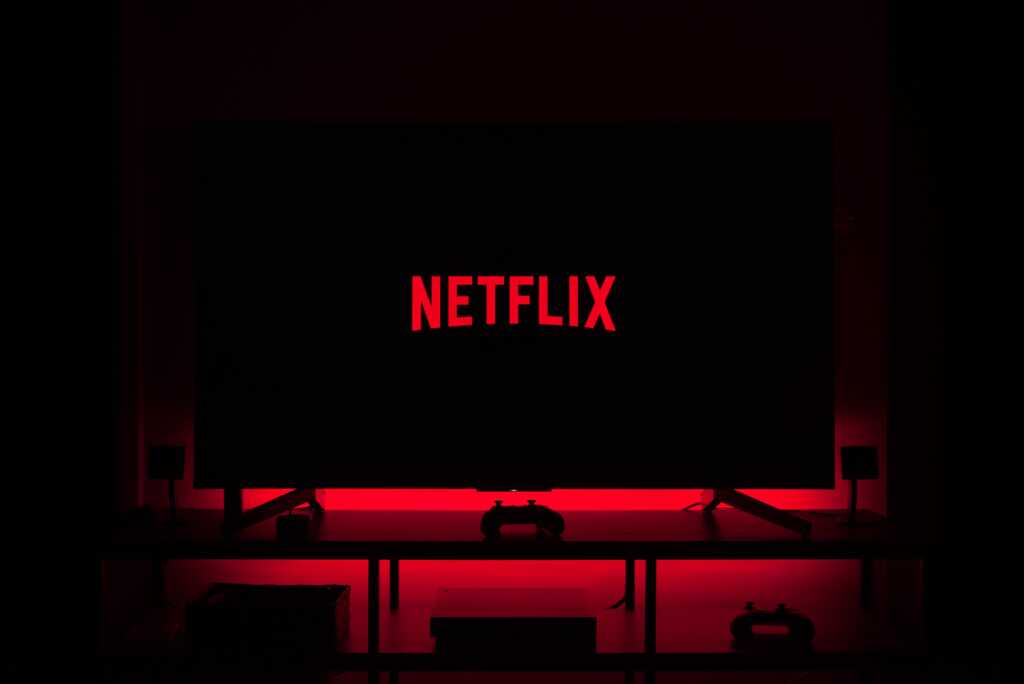Apparently, #CancelNetflix is more than just a hashtag.
Amid backlash over the streaming service’s release of the controversial French film “Cuties,” Netflix has seen a higher-than-normal spike in subscription cancellations, according to data provided to Variety.
Netflix unleashed “Cuties” Sept. 9. Just three days later, the platform’s cancellations soared to eight times its daily average, last recorded in August.
The data-gathering firm that shared the numbers, YipitData, forecasted the elevated rate of cancellation could continue, as the hashtag #CancelNetflix has remained a top trend on social media.
But an uptick in users leaving the service isn’t the only thing Netflix has to worry about. Lawmakers on both sides of the aisle are also condemning the film, which centers on the life of an 11-year-old Senegalese girl living in France who joins a dance troupe in which she and three other scantily clad, prepubescent girls perform highly sexualized dance routines.
Rep. Tulsi Gabbard (D-Hawaii) has argued the film “will certainly whet the appetite of pedophiles and help fuel the child sex trafficking trade.”
Sens. Ted Cruz (R-Texas) and Tom Cotton (R-Ark.) along with Rep. Jim Banks (R-Ind.) have called on the U.S. Department of Justice to take “swift” legal action against Netflix.
Cotton said in his memo to U.S. Attorney General William Barr there is “no excuse” for the “sexualization of children,” calling the movie “disgusting at best and a serious crime at worst.”
“The film routinely fetishizes and sexualizes these pre-adolescent girls as they perform dances simulating sexual conduct in revealing clothing, including at least one scene with partial child nudity,” said Cruz. “These scenes in and of themselves are harmful. And it is likely that the filming of this movie created even more explicit and abusive scenes, and that pedophiles across the world in the future will manipulate and imitate this film in abusive ways.”
“Cuties” director Maïmouna Doucouré, however, has claimed the movie — despite its sexualization of young girls — is a warning about the dangers of the societal sexualization of underage girls. She called the movie an effort to “sound an alarm and say we need to protect our children.”
For its part, Netflix has also defended the film as a “social commentary against the sexualization of young children.” A spokesperson said, “It’s an award-winning film and a powerful story about the pressure young girls face on social media and from society more generally growing up.”
Some members of the press have also stood athwart criticisms of the film, many painting the backlash along purely partisan (and even racial) lines.
New Yorker writer Richard Brody called the movie an “extraordinary Netflix debut” and claimed “Cuties” has become “the target of a right-wing campaign.”
Alyssa Rosenberg, a columnist for The Washington Post, equated the rebuke of the film to a conservative “freakout,” adding she is “so deeply disturbed,” “disgusted,” and “sad” anyone would condemn the film as “child pornography.” Such a charge, she asserted, is “a gross mischaracterization of the actual film itself.”
Another Washington Post writer, Karen Attiah, claimed the reason people — conservatives, in particular — experience “discomfort” watching “Cuties” is because the film’s protagonist, 11-year-old Amy, is “a young black girl.”
Additionally, within the span of less than a week, CNN featured Netflix CEO Reed Hastings on its airwaves two times. During neither interview — one with Brian Stelter and the other with Poppy Harlow — was Hastings asked about the concerns over the controversial film.
Stelter quickly defended his network, claiming his interview with Hastings was filmed “days ago,” never mind the fact concerns over the movie have been ongoing for weeks.



